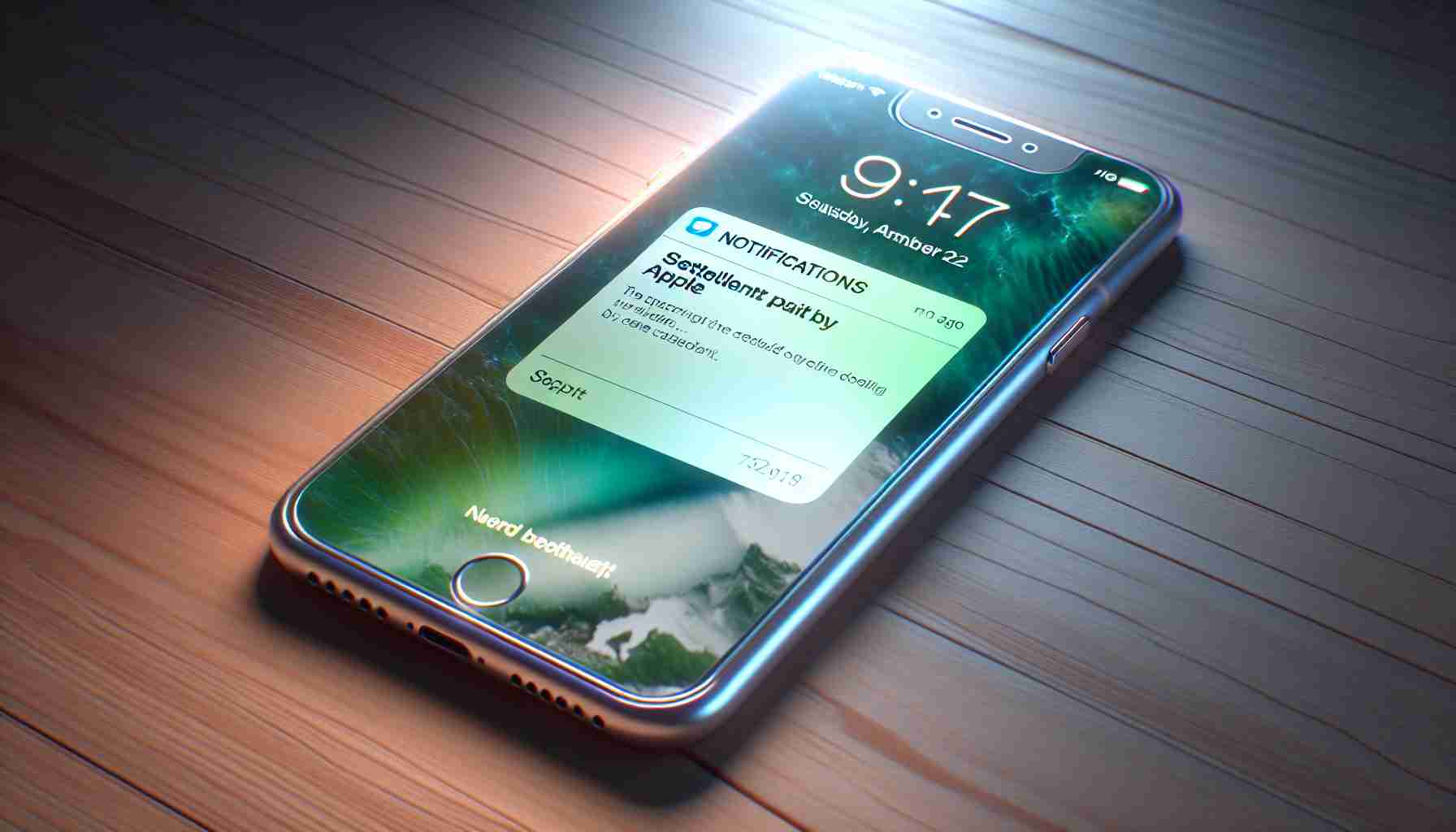Apple Agrees to $35 Million Settlement Over iPhone 7 Audio Issues
In a notable legal development, Apple has assented to a settlement potentially rewarding numerous iPhone 7 and 7 Plus owners. An allegation of faulty audio components in these models catalyzed a class-action lawsuit, prompting a substantial response from the tech giant. The settlement, amounting to $35 million, targets customers experiencing audio glitches.
Eligibility Criteria for iPhone 7 Users to Claim Settlement Funds
The eligibility for claiming a share of the settlement hinges on specific criteria. Owners of the iPhone 7 or 7 Plus, purchased between September 16, 2016, and January 3, 2023, qualify if they reported audio malfunctions to Apple. The focus rests on those who faced out-of-pocket expenses due to audio repairs. However, even individuals who lodged complaints without undergoing paid repairs are entitled to compensation. This agreement extends expressly to U.S. residents.
Claim Submission Process and Compensation Details
To actuate a claim, affected Apple customers must navigate the settlement’s filing process by June 3, 2024. Submissions are subject to validation against Apple’s repair records, even though repair receipts are not mandatory. Claimants may receive minimum payments of $50 with a ceiling of $349 for paid repairs, or up to $125 for reported issues sans paid repairs.
Settlement Payout Options and Contact Information
Upon completing claim forms, plaintiffs can opt between digital checks, direct deposits, or traditional check forms for receiving settlements. For additional assistance or inquiries, a settlement help line is available at 1-833-633-0343. Despite reaching an agreement, Apple maintains its stance that there were no audio issues with the iPhones in question and affirms no wrongful conduct.
Key Questions and Answers:
– What prompted the class-action lawsuit against Apple?
The lawsuit was prompted by allegations of faulty audio components in the iPhone 7 and iPhone 7 Plus models, which reportedly led to audio glitches for users.
– Who is eligible for the settlement?
U.S. residents who bought an iPhone 7 or 7 Plus between September 16, 2016, and January 3, 2023, and experienced audio issues reported to Apple may be eligible.
– How can affected customers submit a claim?
Claims must be submitted by June 3, 2024, and will be verified against Apple’s repair records. Documentation of repairs is not necessary but may help in verification.
– What kind of compensation can claimants expect?
Eligible claimants may receive from $50 to $349 for paid repairs or up to $125 for having reported the audio issue without undergoing paid repairs.
Key Challenges or Controversies:
– Admission of Fault: Apple has settled the lawsuit without admitting wrongdoing or acknowledging the existence of the alleged audio issues. This stance can be confusing for consumers, who may perceive the settlement as an implicit admission of a product fault.
– Consumer Awareness: Not all affected customers may be aware of the settlement or the process to claim their compensation, which could limit the effectiveness of the settlement in addressing consumer grievances.
Advantages and Disadvantages:
– Advantages:
– The settlement provides financial compensation to affected consumers who might have experienced inconvenience or unexpected expenses due to the alleged audio issue.
– It signals to consumers that large corporations like Apple can be held accountable for alleged product shortcomings.
– Disadvantages:
– The compensation amounts may not fully cover the expenses or inconveniences experienced by some users, particularly if multiple repair attempts were needed.
– The lack of admission of any defect by Apple could undermine consumer trust for some users.
For further information on such legal settlements and their procedures, you can visit the main website for the United States Courts at USCourts. To learn more about consumer rights and class action lawsuits, you might explore the Federal Trade Commission’s website at FTC. It’s essential to verify the URLs are correct and access the main domain, not subpages, for accurate and comprehensive information regarding legal matters.
